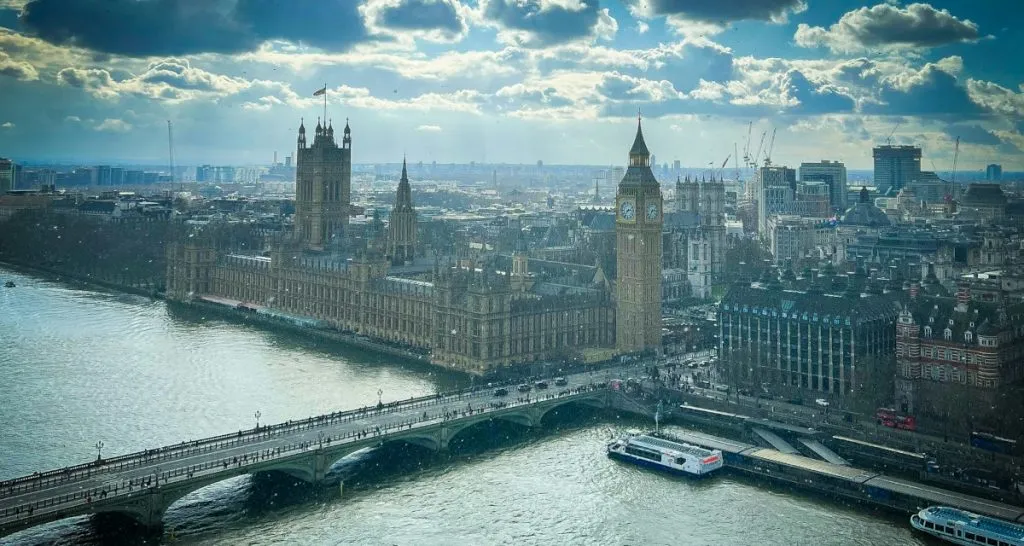The UK’s Creative Industries Sector Plan includes an up to $41 million ‘music growth package to support emerging artists.’ Photo Credit: Frankie Lopez
The UK government has announced an over $500 million investment package for creative industries – besides plans to roll out “a trusted marketplace” for content licensing.
That £380 million (currently $512.9 million) package was disclosed today as part of the decade-long Creative Industries Sector Plan. The latter was released alongside a broader Industrial Strategy designed to “make the UK the best place to do business.”
Keeping the focus on the 80-page Creative Plan, the framework, as its title suggests, aims to spur growth (including via a substantial business-investment increase) across the film, TV, performing arts, gaming, advertising, and music segments alike. In other words, there are quite a few moving parts – and sub-sectors with funding commitments – here.
But specifically in the music world, the Plan will deliver “[u]p to £30 million [$41 million] over three years for a music growth package to support emerging artists,” per the text.
Bearing in mind the operational woes of festivals and especially grassroots venues, an “industry‑led ticket levy on arena and stadium gigs” is forthcoming as well. This levy “will deliver up to £20 million [$27 million] annually through the LIVE Trust to bolster the UK’s grassroots music sector,” the Plan indicates.
Next, against the backdrop of both streaming-compensation complaints and label-contract criticism, the UK government also emphasized its support for “an industry-led agreement on music streaming.”
“We are working towards an industry‑led agreement on music streaming,” this section reads in full, “which will boost earnings for creators including by helping legacy artists to renegotiate their contracts, providing new packages of support from record labels, increasing session musician remuneration, supporting songwriters and composers, and empowering UK labels to support long-term artist development.”
Meanwhile, the previously announced National Centre for Arts and Music Education is still set to open its doors in September 2026, and the taskforce behind an already-in-motion licensing-policy review “will soon publish its recommendations for making improvements,” the resource reiterates.
All that said, perhaps the most interesting component of the Creative Plan is the initially mentioned content-licensing marketplace.
As many know, the UK government’s previous AI policy proposals – including a controversial “opt-out” clause for training – didn’t go over very well in the music space or the wider entertainment sphere, to put it mildly.
The much-publicized controversy has made way for a middle-ground licensing approach that will purportedly “help fuel the next wave of creative innovation while facilitating the development of high-value AI models.”
“We will establish a Creative Content Exchange (CCE) to be a trusted marketplace for selling, buying, licensing, and enabling permitted access to digitised cultural and creative assets,” the Plan relays. “This new marketplace will open up new revenue streams and allow content owners to commercialise and financialise their assets while providing data users with ease of access.”
Time will reveal exactly what that Exchange entails – and how the UK government as well as different governments tackle ever-important questions at the intersection of AI and copyright.
Furthermore, Exchange or no Exchange, it’s safe to say related debates won’t be settled overnight. The Creative Plan also contains a nearly 200-word paragraph describing a goal of ensuring “a copyright regime that values and protects human creativity.”
“The government is analysing responses to the consultation on delivering a copyright and AI framework, looking at all options,” the marathon paragraph reads in part. “The government recognises the need for this to be done properly and carefully in a considered, measured and reasoned way, to develop any future proposals.”
Content shared from www.digitalmusicnews.com.

